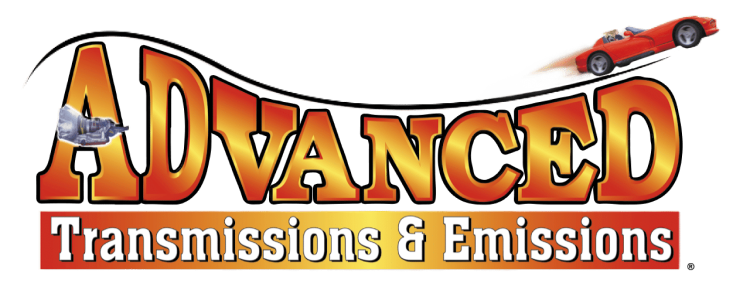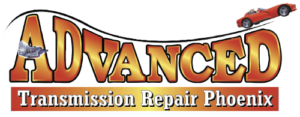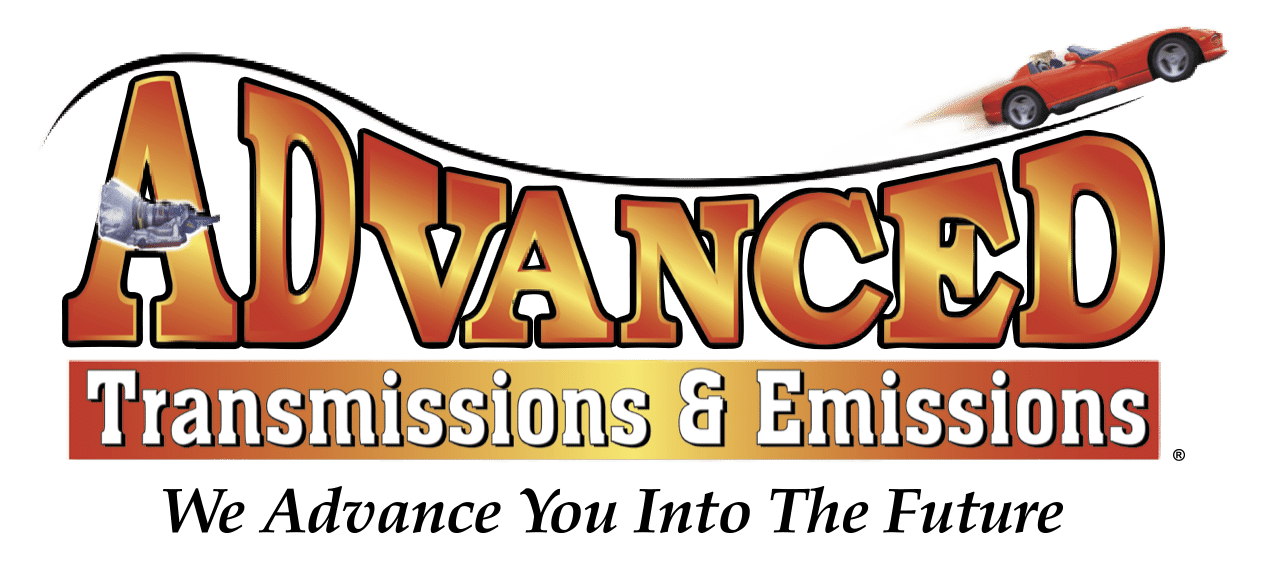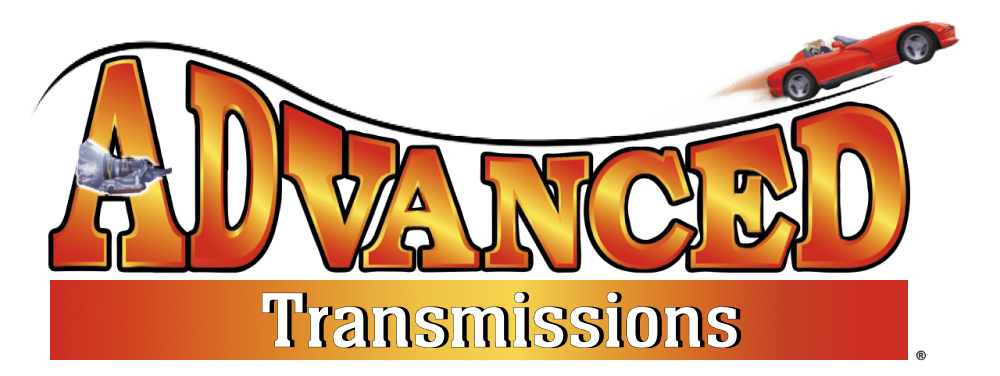There are many important parts in your vehicle, and one that is often not thought about, until there is a problem, is your suspension. Your suspension keeps you safely and stably on the road. We are going to take a look at what your vehicle’s suspension is and why it is important. We are also going to review some common signs of suspension failure, so you can be on the lookout.
What is Your Vehicle’s Suspension?
A vehicle’s suspension is the system of tires, tire air, springs, shock absorbers and linkages that connects a vehicle to its wheels and allows relative motion between the two. Suspension systems support both road holding/handling and ride quality.
The suspension system in your vehicle is made up of several components. The springs support the vehicle weight and absorb and reduce excess energy from road shocks, along with the shocks and struts. The anti-sway bar shifts the movement of the wheels and stabilizes the car.
Worn suspension components in your vehicle may reduce the stability of the vehicle and decrease driver control, as well as accelerate wear on other suspension system components.
Why is Your Vehicle’s Suspension Important?
As mentioned above, your vehicle’s suspension is what makes for a smooth and stable ride. Keeping your suspension in good condition not only makes for a more comfortable ride, but it is important for you and your passengers’ safety and keeping the car in control. The suspension system maximizes the friction between the tires and the road to provide steering stability and good handling.
Keeping your vehicle’s suspension in optimal condition is very important for you and your vehicle. A good suspension system helps to control spring and suspension movement, provides consistent handling and braking, prevents premature tire wear, helps to keep the tires in contact with the road, controls the vehicle’s bounce, roll and sway, reduces the wear on other vehicle components, promotes even and balanced tire and brake wear, and more.
Signs of Suspension Issues
Because your vehicle’s suspension is so important to your safety and comfort when driving, you should always watch for some common symptoms of suspension issues. Luckily, you can feel most of your vehicle’s suspension issues and don’t need to be an expert mechanic to detect a problem on the horizon.
- Shocks and Struts: When a shock or strut begins to fail, your vehicle will start to ride funny and can have excessive bouncing or uneven tire wear.
- Control Arms and Ball Joints: When a control arm or ball joint starts to fail you can typically hear popping or clunking noise when driving, steering may feel very unstable, and you can have excessive or uneven tire wear.
- Sway Bars: Sway bars help keep the vehicle more level in turns and help keep you from rolling over. As the bushings wear out, you may feel the vehicle leaning in corners.
- Springs: When springs begin to fail, you can start to really feel the road or hear squeaking noises while driving over bumps. You may also notice some sagging in one or both rear corners of the vehicle.
At Advanced Transmissions & Emissions we are your Phoenix, AZ shop for suspension repairs. Advanced Transmissions & Emissions works on all types of vehicle suspensions for our customers. Our expertise allows us to locate the source of the problem to make only the needed repairs.
Sometimes, we can replace a single piece of the suspension and solve your issues. Often times, it is not that simple and may require multiple items to be replaced. Regardless, after we inspect your vehicle we will recommend replacing worn out or broken parts and let you know about any other issues we find. You can rely on us to recommend affordable solutions to fix your vehicle’s suspension issues.
Call today to schedule your vehicle’s suspension diagnostic examination at our Phoenix, AZ location.





